Evolution in action, baby.
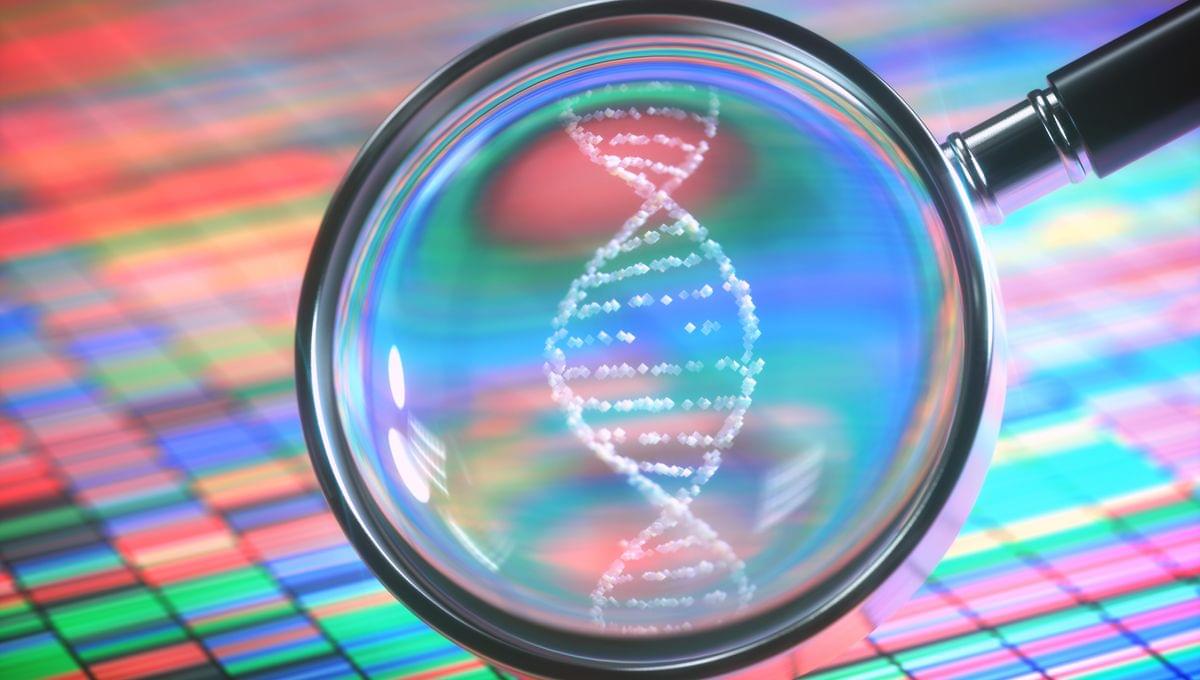

We live at a time when humanity has never experienced such a rapid pace of change. We’re in the midst of unprecedented technological change, cultural change, political change, and philosophical change.
Some observers predict that the pace of change will slow down, but others anticipate that it will in fact increase — largely due to artificial intelligence leaping forward in capability, to the point where it exceeds human cognitive capabilities in every dimension.
How credible is such a possibility? How should humanity prepare for it? What values should guide us in our reactions and proactions to various new opportunities and potential threats that seem to be emerging almost daily?
The guest in this London Futurists webinar, Ben Goertzel, has arguably thought longer, harder, more creatively, and more boldly, about these questions, than anyone else on the planet. But he’s not just a thinker; Ben is very much also a doer — an organiser, an entrepreneur, an architect, an engineer, and a leader of too many initiatives to mention them all individually.
But let’s briefly highlight:
• Ben’s role as the long-time champion of the concept of AGI, artificial general intelligence;
• his role as the founder and leader of SingularityNET, with its mission to create a decentralized, democratic, inclusive and beneficial AGI;
• his leadership roles at Humanity+, the international transhumanist organisation, where he has served since 2008 as either Vice Chair or Chair;
• and his commitment to the writing and publication of mind-expanding ideas, such as his 2010 book \.
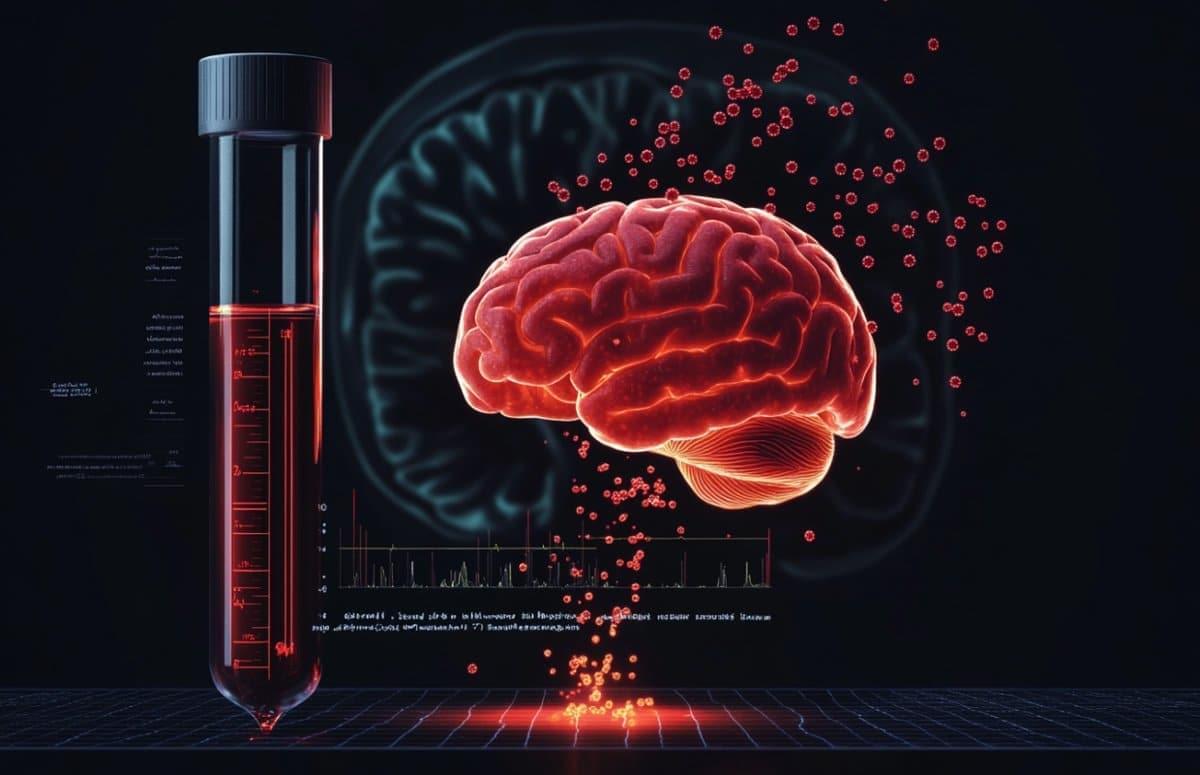
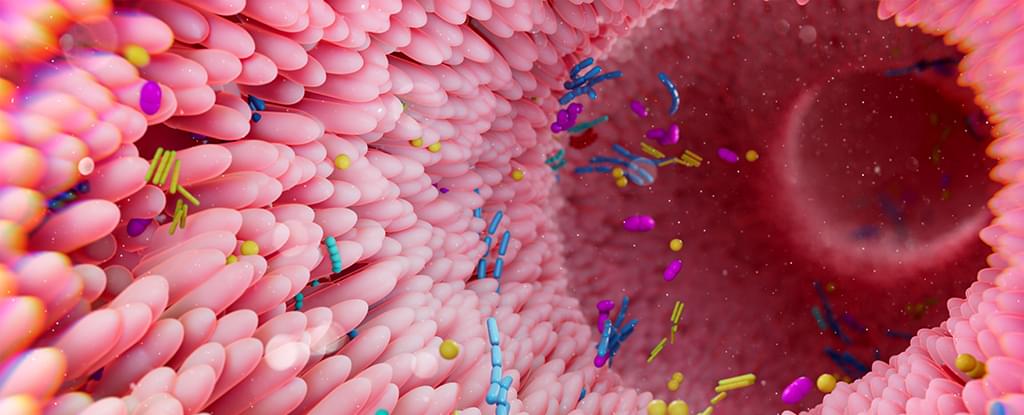

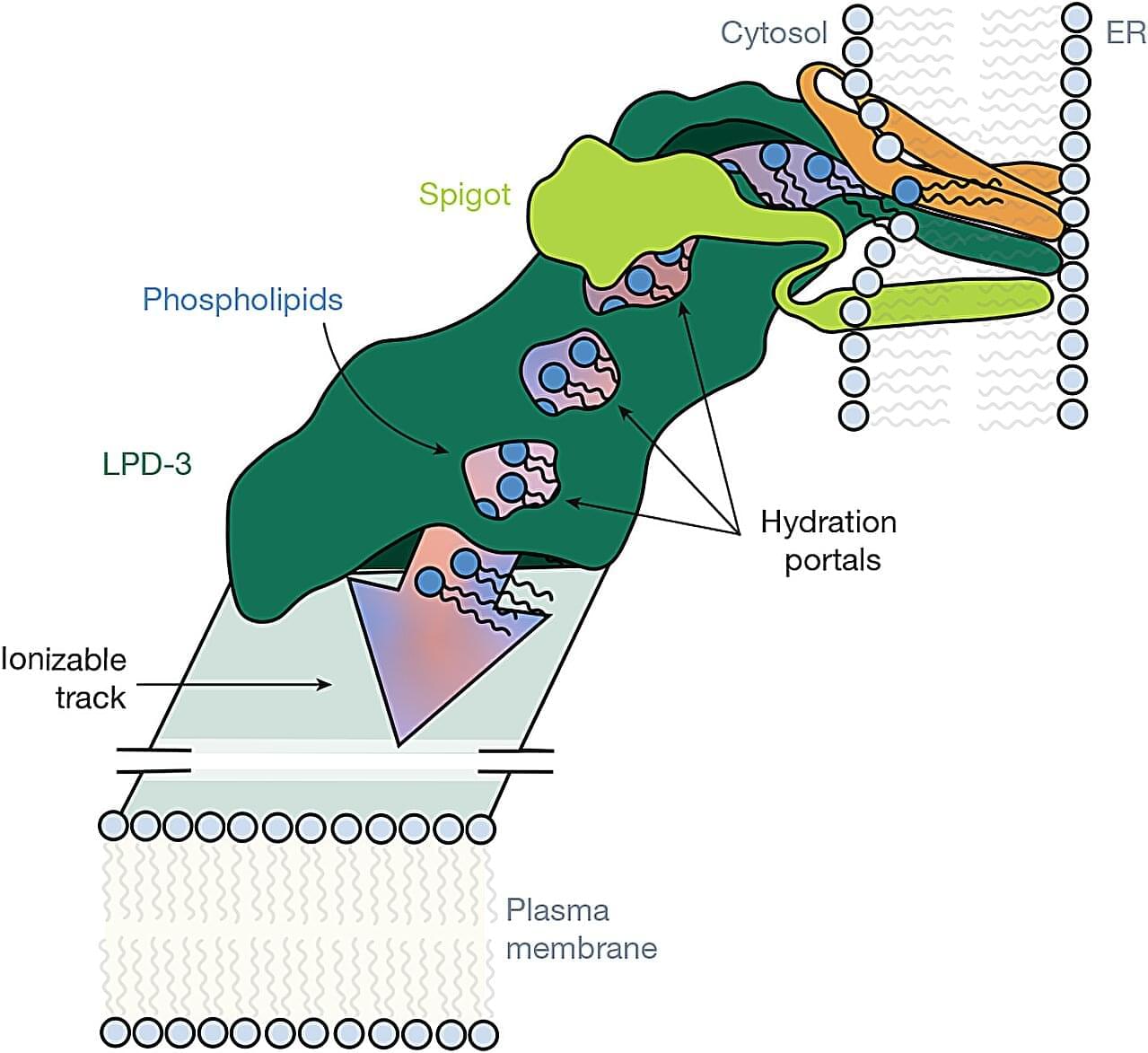
Oregon Health & Science University, in collaboration with Oregon State University, has discovered the structural organization and protein components of a lipid-transfer complex known as LPD-3. Findings show that LPD-3 contains an internal tunnel lined with lipid molecules, suggesting a possible mechanism for large-scale lipid movement between cellular membranes.
Cells must constantly manage the structure and makeup of their membranes, which rely heavily on lipids produced in the endoplasmic reticulum (ER). These lipids cannot freely float through the cytoplasm due to their hydrophobic nature.
Lipid-transport proteins have been shown to shuttle small numbers of lipid molecules between compartments. A distinct group, called bridge-like lipid-transport proteins (BLTPs), may support bulk lipid transfer by forming long, tunnel-like structures that span between organelles. Structural analysis of these proteins has remained limited due to their size and biochemical complexity.
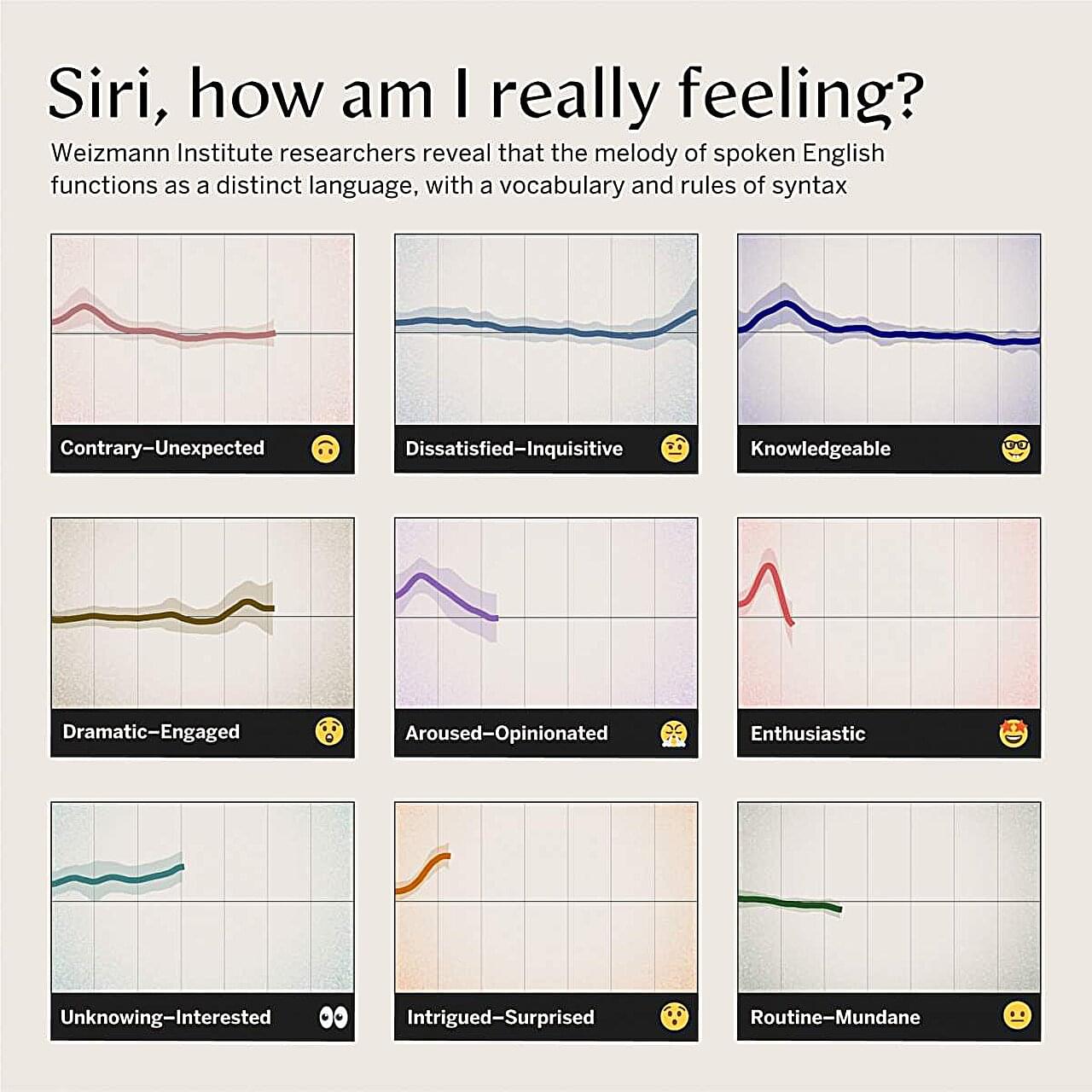
The AI revolution, which has begun to transform our lives over the past three years, is built on a fundamental linguistic principle that lies at the base of large language models such as ChatGPT. Words in a natural language are not strung together in random patterns; rather, there is a statistical structure that allows the model to guess the next word based on what came before. Yet these models overlook a crucial dimension of human communication: content that is not conveyed by words.
In a new study published in the Proceedings of the National Academy of Sciences, researchers from Prof. Elisha Moses’s lab at the Weizmann Institute of Science reveal that the melody of speech in spontaneous conversations in English functions as a distinct language, with a “vocabulary” of hundreds of basic melodies and even rules of syntax that can be used to predict the next melody in the sequence. The study lays the foundation for an artificial intelligence that will understand language beyond words.
The melody, or music, of speech, referred to by the linguistic term “prosody,” encompasses variations in pitch (intonation), loudness (for example, for emphasis), tempo and sound quality (such as a whisper or creaky voice). This form of expression predates words in evolution: Recent studies reveal that both chimpanzees and whales incorporate complex prosodic structures in their communication.


There’s no replacement for displacement. An adage that’s been around as long as the combustion engine, really. But these age-old sayings don’t really apply anymore when it comes to electric motors.
Earlier this year, we talked about Koenigsegg’s Light Speed Tourbillon Transmission (LSTT). We explored how it couples the 5-liter, 1,500 horsepower (1,119 kW), 1,106 lb-ft (1,500 Nm) of torque, “Hot V8” engine shoed into the rear of the Gemera hypercar and the 850-volt Dark Matter electric motor mounted in the front – but we never got into the specifics of this insane electric powerplant and what makes it so remarkable.
Unveiled in 2023 and stuffed into the Koenigsegg Gemera, the Dark Matter motor created an entirely new league of high-performance electric motor that didn’t quite exist before. Most of its details are still hidden away in a secret Koenigsegg vault while awaiting patent protection.
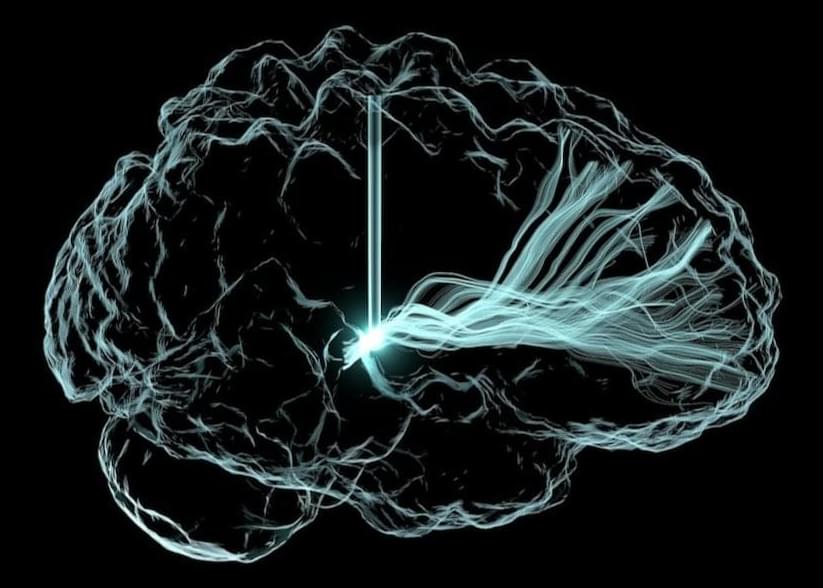
The study is “really pretty remarkable,” said Christopher Whyte at the University of Sydney, who was not involved in the work, to Nature. One of the first to simultaneously record activity in both deep and surface brain regions in humans, it reveals how signals travel across the brain to support consciousness.
Consciousness has teased the minds of philosophers and scientists for centuries. Thanks to modern brain mapping technologies, researchers are beginning to hunt down its neural underpinnings.
At least half a dozen theories now exist, two of which are going head-to-head in a global research effort using standardized tests to probe how awareness emerges in the human brain. The results, alongside other work, could potentially build a unified theory of consciousness.